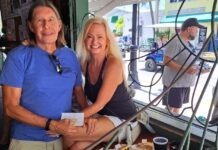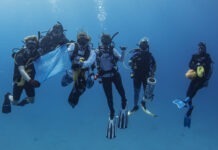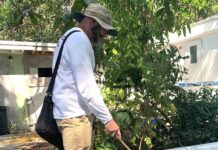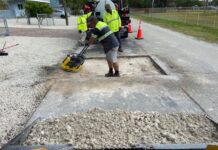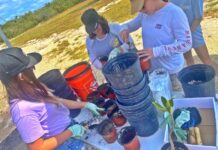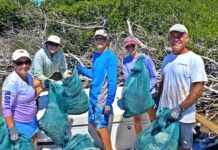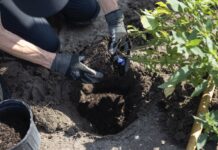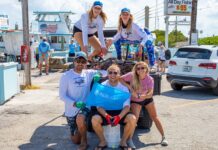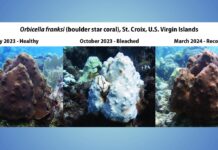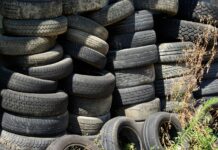In March, the “Goal: Clean Seas Florida Keys” (GCS) program released a report showing the impact of marine debris cleanups done in the Florida Keys National Marine Sanctuary through partnerships with local dive operators. It’s humbling.
The report shows, among other things, that the classic adage about the man walking along the beach, picking up starfish and throwing them one by one back into the ocean to save them, holds true.
When that one man is actually many men and women, who go out with the singular, shared goal of cleaning up our waters, the massive effort can help entire reefs struggling under the literal weight of our discarded debris.
While I participated in annual cleanup dives in California, where my dive career began, I’d never before witnessed or joined such regular, well-orchestrated community efforts to protect local waters as the cleanup dives here in the Keys.
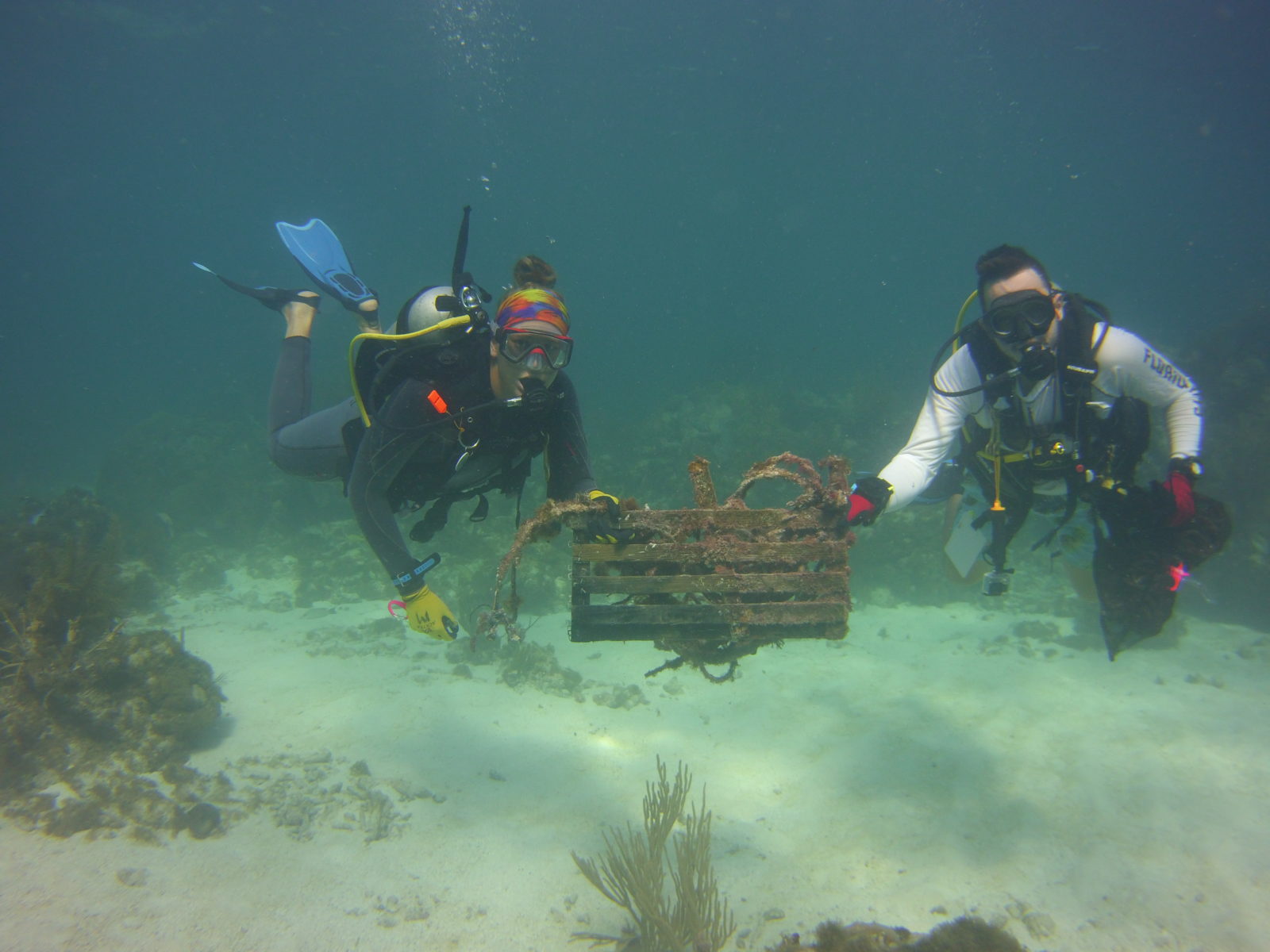
Marine debris threatens the entire sanctuary. Lost traps and trap rope damage critical benthic habitats, such as reefs and seagrass beds. Many animals can become entangled and/or die, including dolphins, manatees, sea turtles, corals and sponges. Removing underwater marine debris and fishing gear protects marine habitats and ecosystems and prevents future damage.
I’ve grown my debris consciousness here in the Keys by participating in 12 Dives Against Debris run through the GCS program with three different local partner dive operators. I even received my Dive Against Debris PADI certification. It’s inspiring to join such an active army of dedicated people who care so much and so often.
GSC is a partnership among Florida Keys National Marine Sanctuary, the National Marine Sanctuary Foundation (NMSF) and its local chapter, participating Blue Star dive operators, and the Project AWARE seafloor monitoring program Dive Against Debris.
Established in May 2018, the initiative aims to remove underwater marine debris from Florida Keys National Marine Sanctuary and educate the public about marine debris prevention. GSC partners work with sanctuary-recognized Blue Star dive operators to educate dive professionals and recreational divers on best practices for removal of marine debris before going out and cleaning up the waters.
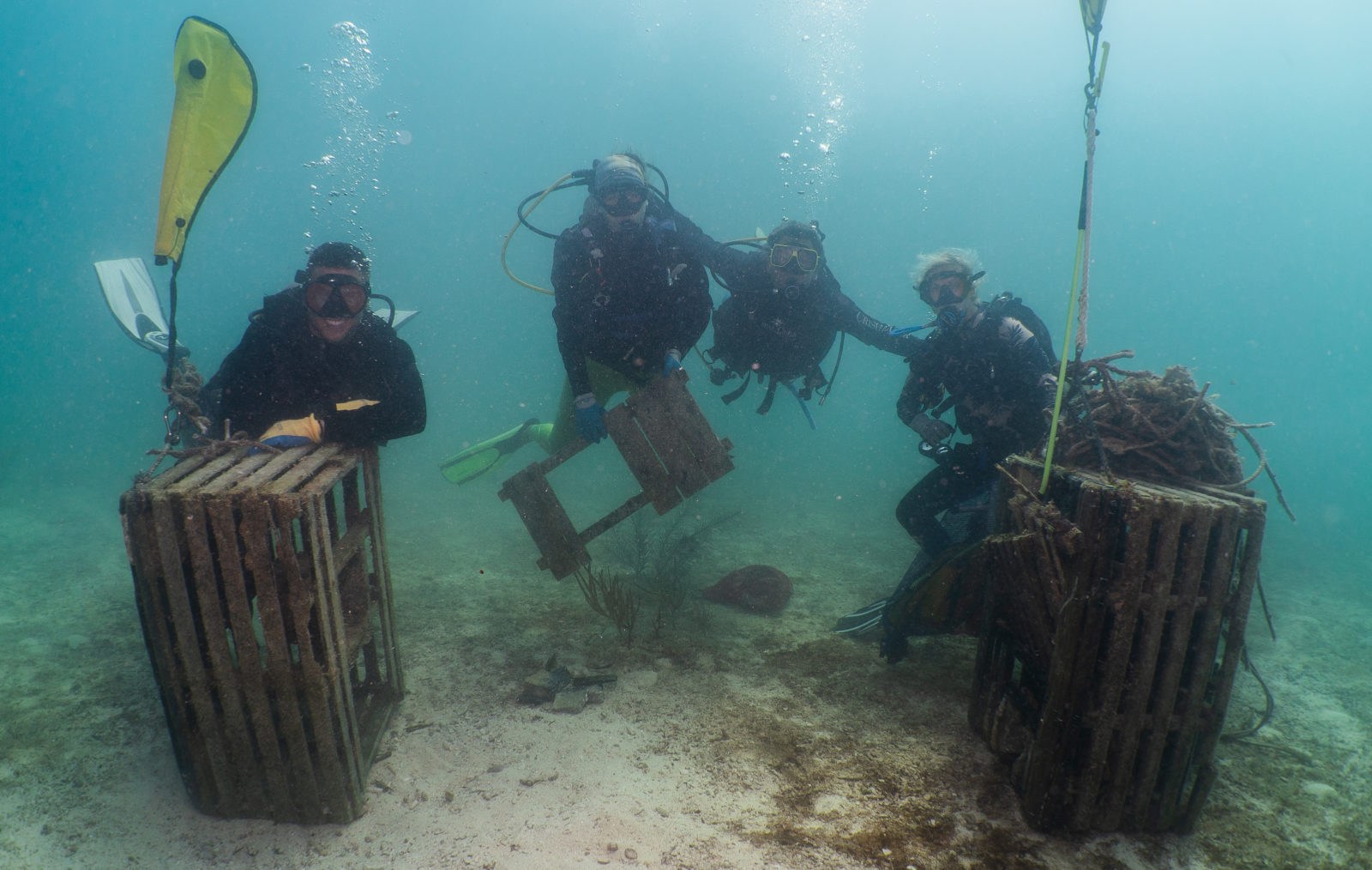
It’s more complicated than simply picking up trash while diving. GSC activities require certain permits to ensure that removal is done in an environmentally-responsible manner and adheres to all applicable federal and state laws and regulations. Dive operators perform scoping dives to identify debris hotspots; remove, dispose of and recycle underwater debris; conduct post-removal data reporting and analysis; and engage the public in marine debris awareness and prevention through education and outreach.
In this way, through GSC, dive operators and recreational divers remove marine debris to protect wildlife, corals, sponges and the “blue economy” that relies on the health of these resources.
The numbers from the report are staggering. In its first year, (July 2018 to July 2019), GSC funding allowed Blue Star operators to run 49 cleanup trips. Nearly 450 recreational divers and 158 professional divers spent 897 hours underwater removing 14,693 pounds of miscellaneous debris, 78 intact lost and damaged fishing and lobster traps, hundreds of pieces of trap debris and 16,369 feet of line. Dive operators report results through the Project AWARE Dive Against Debris citizen science program.
Mike Goldberg, owner of Key Dives, said, “Goal: Clean Seas Florida Keys allows us to offer a way for the Keys community to dive on the reef by going out on our boat for free and remove debris.”
Key Dives has taken the charge and led the pack. Recently, the Islamorada dive shop topped 10,000 pounds total debris removed on its bi-monthly GCS clean-up dives and celebrated by aiming to reach the next 10,000 pounds.
“From our perspective, the program is a complete success,” Goldberg said. “I believe this has helped to bring our dive community together for a common purpose, one where the folks here, the reef, and the dive operators all win!”
Michael Creese, owner of Island Ventures in Key Largo, said, “For us, participation means we’re literally keeping our house in order. We protect the wildlife and keep the coral reefs there for everyone’s enjoyment.”
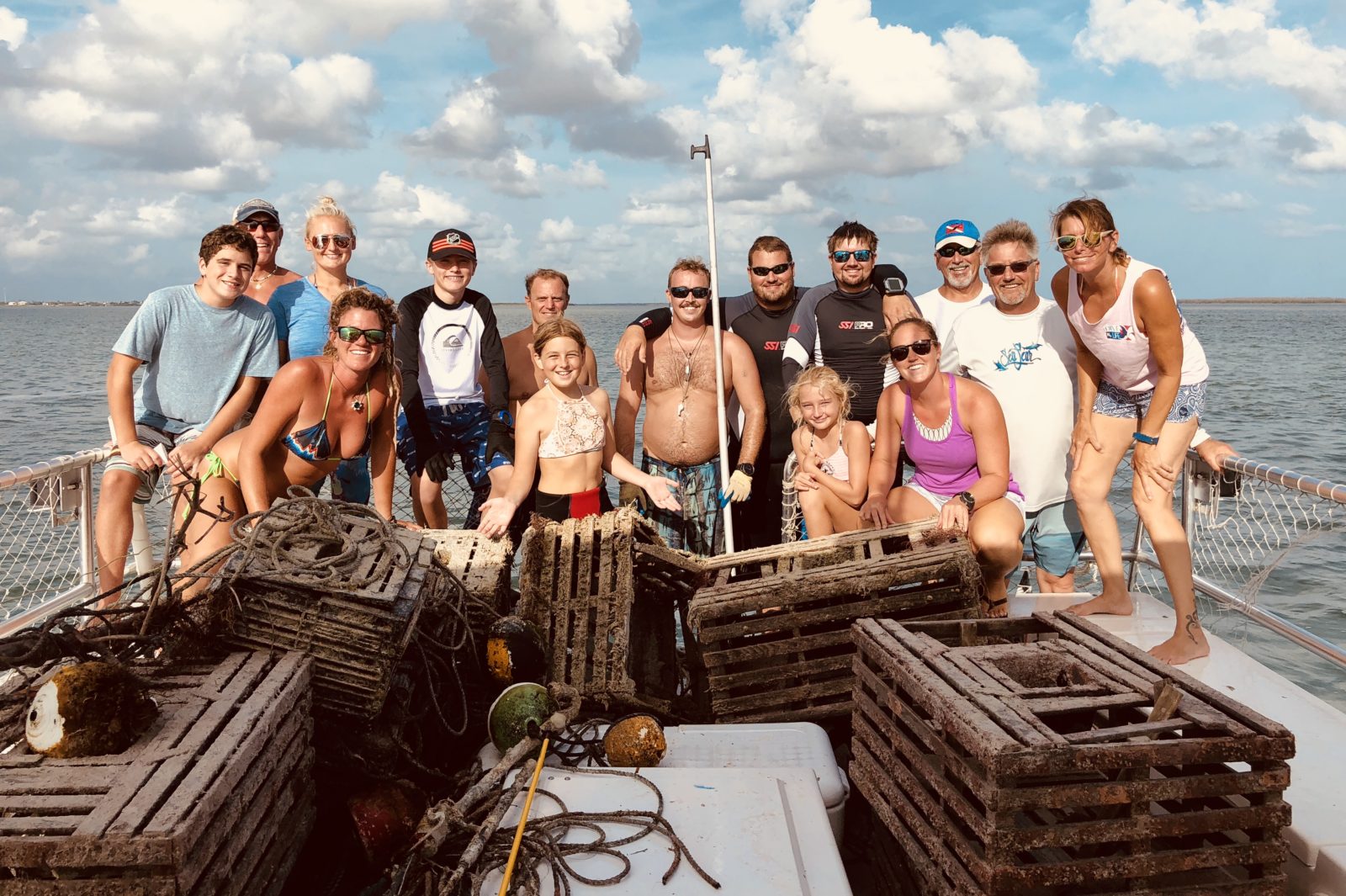
Creese and Goldberg both received funding help from the GCS program in its first year, but that funding has since dried up. Still, both Island Ventures and Key Dives continue to host regular cleanup dives for their customers.
“Even when NOAA funding dried up, we still ran, and expect to keep running, free dive trips for divers,” Creese said. “They’re donating their time free of charge to help the reefs, so we want to keep hosting these trips free of charge to give back to the community.”
Kris Sarri, president and CEO of NMSF, noted that this was precisely the intended goal of the program. “The Goal: Clean Seas initiative empowers local community members and businesses to become stewards of the sanctuary through direct action,” she said, “and the data gleaned from these cleanup dives will help refine the focus on prevention in the future.”
NMSF plans to grow the successful GSC initiative and engage more Blue Star dive operators across the Upper, Middle and Lower Keys. The program will also coordinate with the sanctuary on kayak and shoreline cleanups and engage more local community partners such as school groups and fishing guides.
In addition, NMSF is working with partners to use lessons learned from the marine debris collected to better prevent marine debris from entering the environment in the first place.
On the broader horizon, NMSF intends to build a national Goal: Clean Seas initiative by engaging partners to develop similar marine debris removal and recycling efforts in other national marine sanctuaries. Modeled after the success in the Florida Keys, NMSF is working with the Channel Islands National Marine Sanctuary and community partners to support shoreline cleanups along select beaches to prevent underwater marine debris.
View the full impact report here.
